New Study Suggests Electrical Vehicles Are Supercharging an Impending Environmental Crisis
When it comes to protecting the planet against climate change, electric vehicles have long been considered one of the best, cheapest, and easiest changes we as a society can make.
However, new information has emerged that suggests electric vehicles may not be as environmentally friendly as we originally thought.
Why Are Electric Vehicles Good for the Planet?
For several years, people have been told that electric vehicles (EVs) can and will help save the planet from the impending negative side effects of climate change.
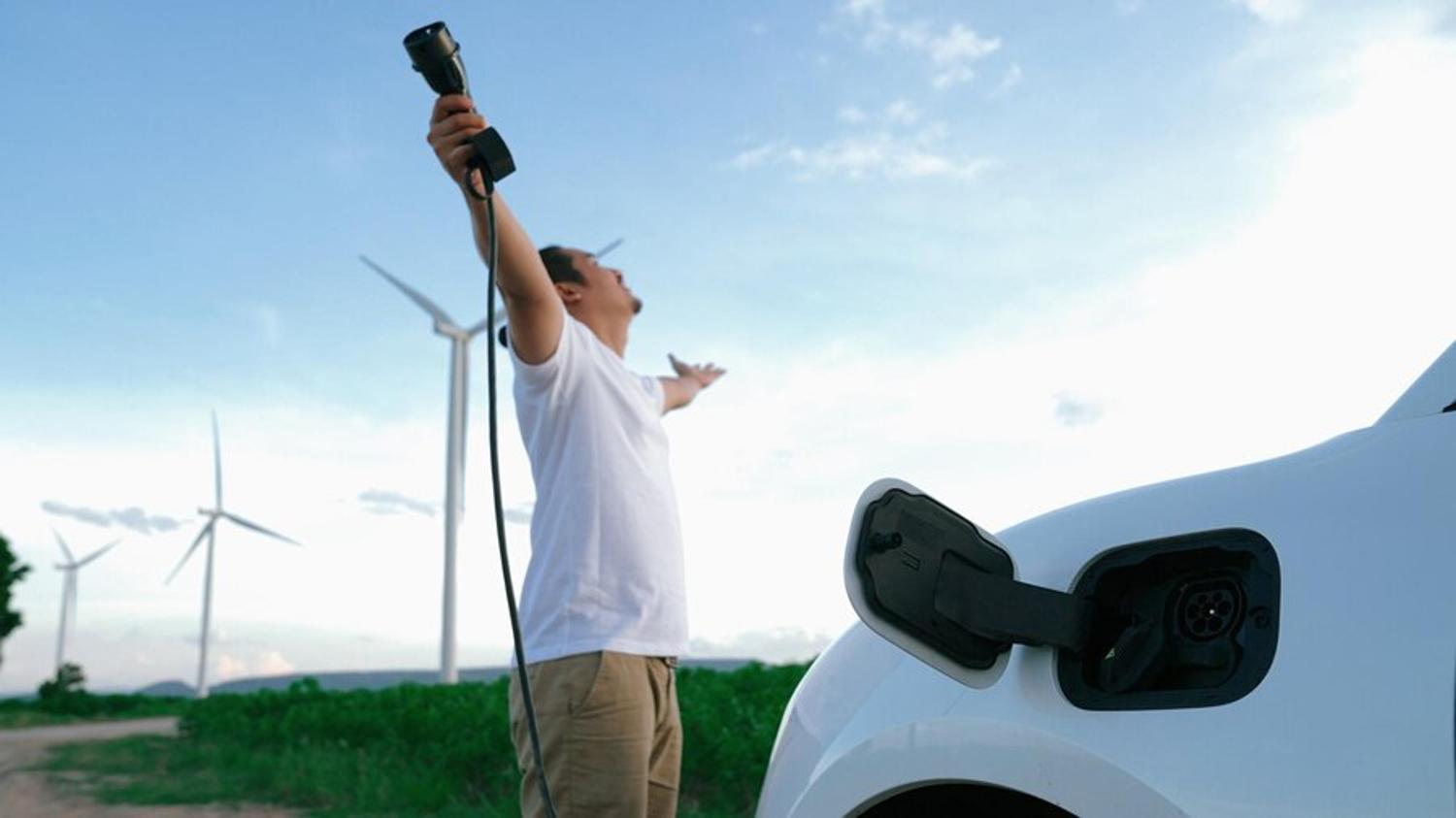
Source: Freepik
Because EVs run on batteries instead of gasoline or diesel, by switching, the world could significantly reduce its use of fossil fuel usage and the consequent carbon emissions almost overnight.
31% of US Carbon Emissions Come From Cars
According to the US Environmental Protection Agency, 31% of all carbon dioxide emissions in the United States come from gas or diesel-powered vehicles (22% from gasoline motors and 9% from diesel engines.)

Source: Freepik
So, in theory, by eliminating these vehicles and transitioning to electric, the US could reduce its emissions by a whopping 31% in no time at all.
Electric Vehicle Batteries Are Not as Sustainable as We Were Told
That statistic is obviously staggering, and it certainly makes environmentalists and anyone who is concerned with climate change want to go out and buy an EV right now.
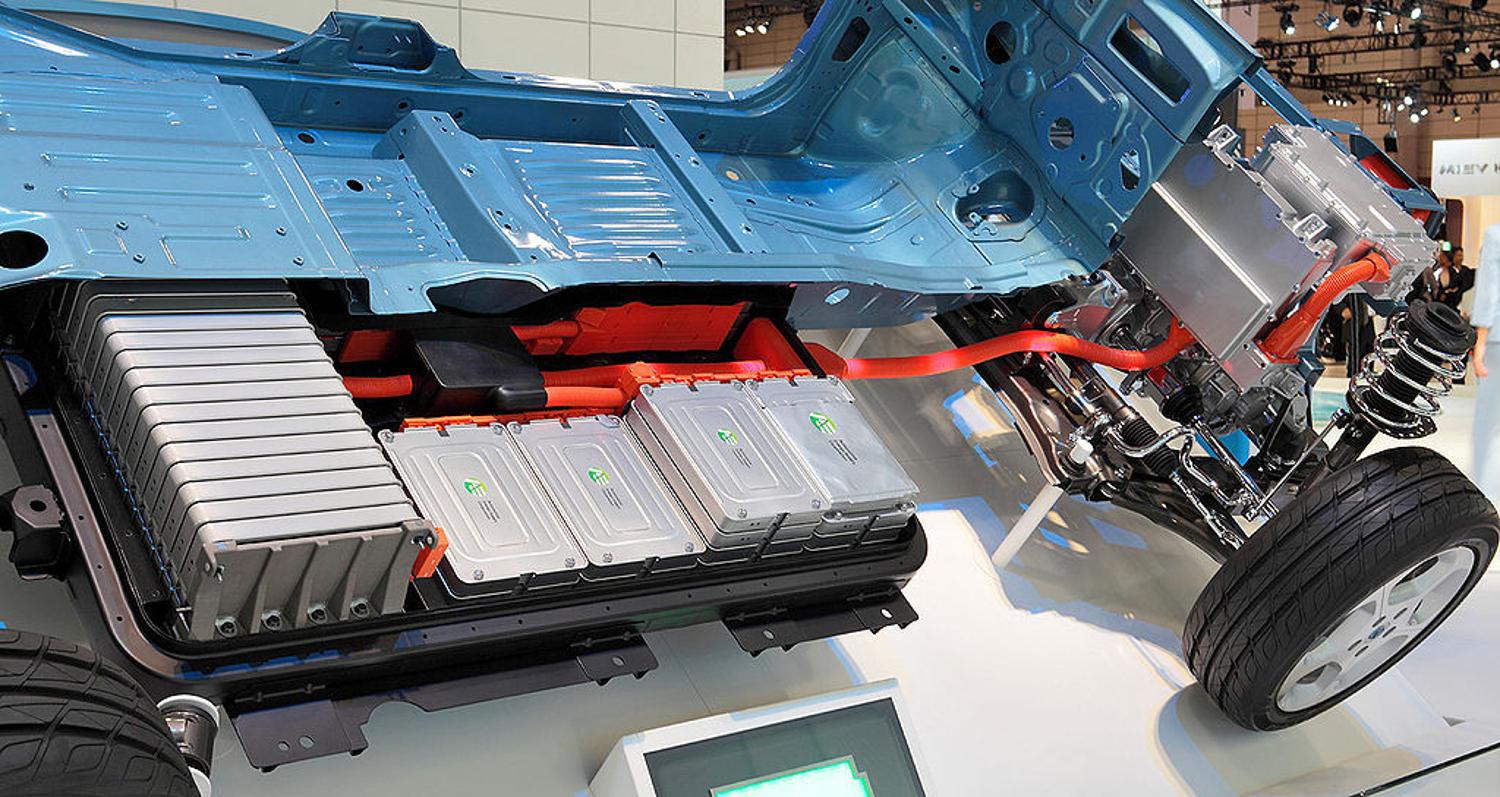
Source: Wikipedia
However, that information fails to note that, in order to build the batteries of these electric vehicles and the infrastructure needed for them to function, an almost obscene amount of copper needs to be mined. And mining this much copper is certainly going to have a negative effect on the planet.
EVs Need an Incredible Amount of Copper Wiring
Professor Adam Simon from Cornell explained, “A normal Honda Accord needs about 40 pounds of copper. The same battery electric Honda Accord needs almost 200 pounds of copper.”
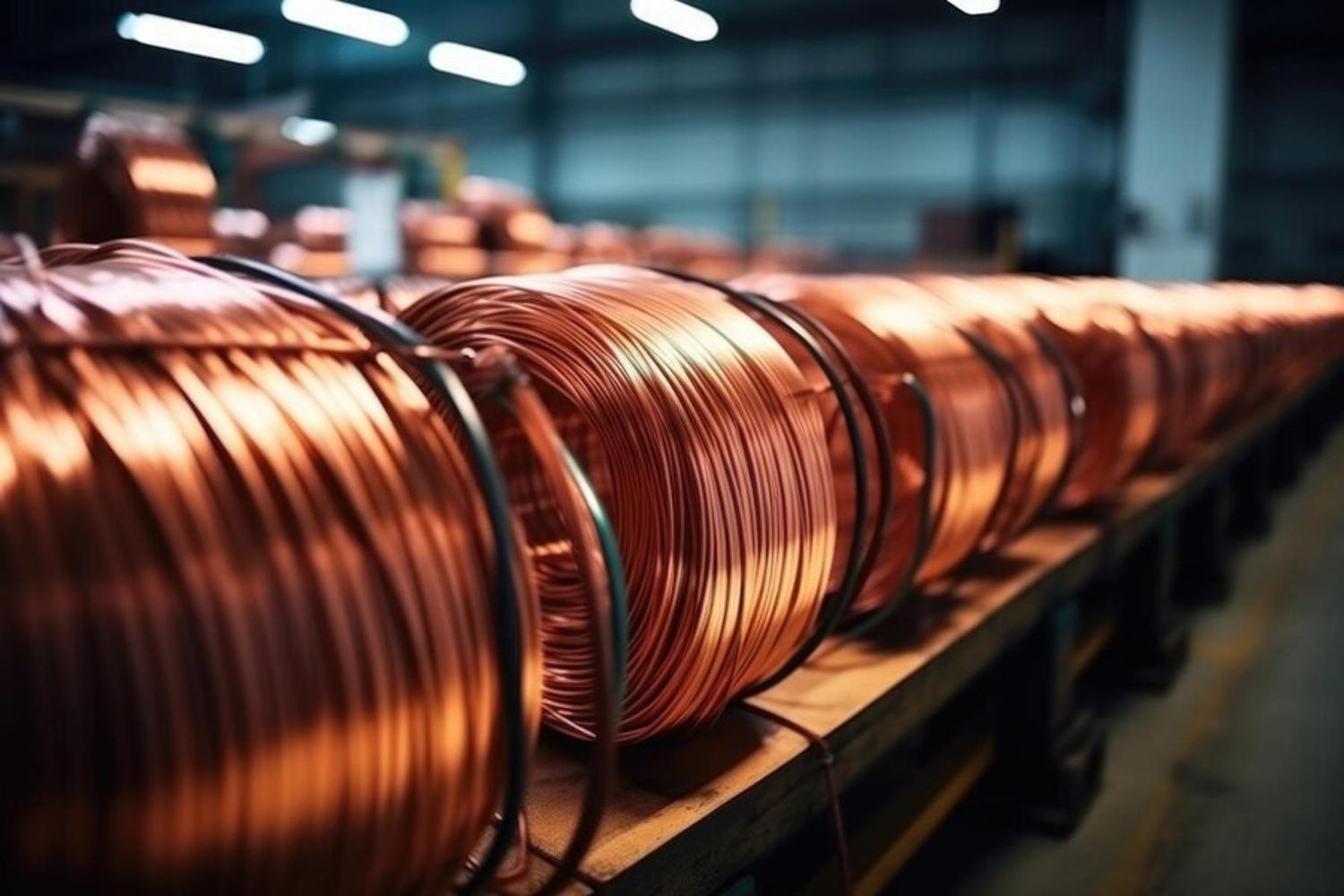
Source: Freepik
That’s fairly simple math: Transitioning all vehicles from gasoline-powered to electric would mean the world needs four times the amount of copper it uses now. But that’s just the cars.
EV Charging Stations Need Copper Too
Additionally, thousands of charging stations need to be built to transition the US and the world to electric vehicles. Those charging stations also require extensive amounts of copper wiring to function, increasing the necessary copper mining to never-before-seen quantities.
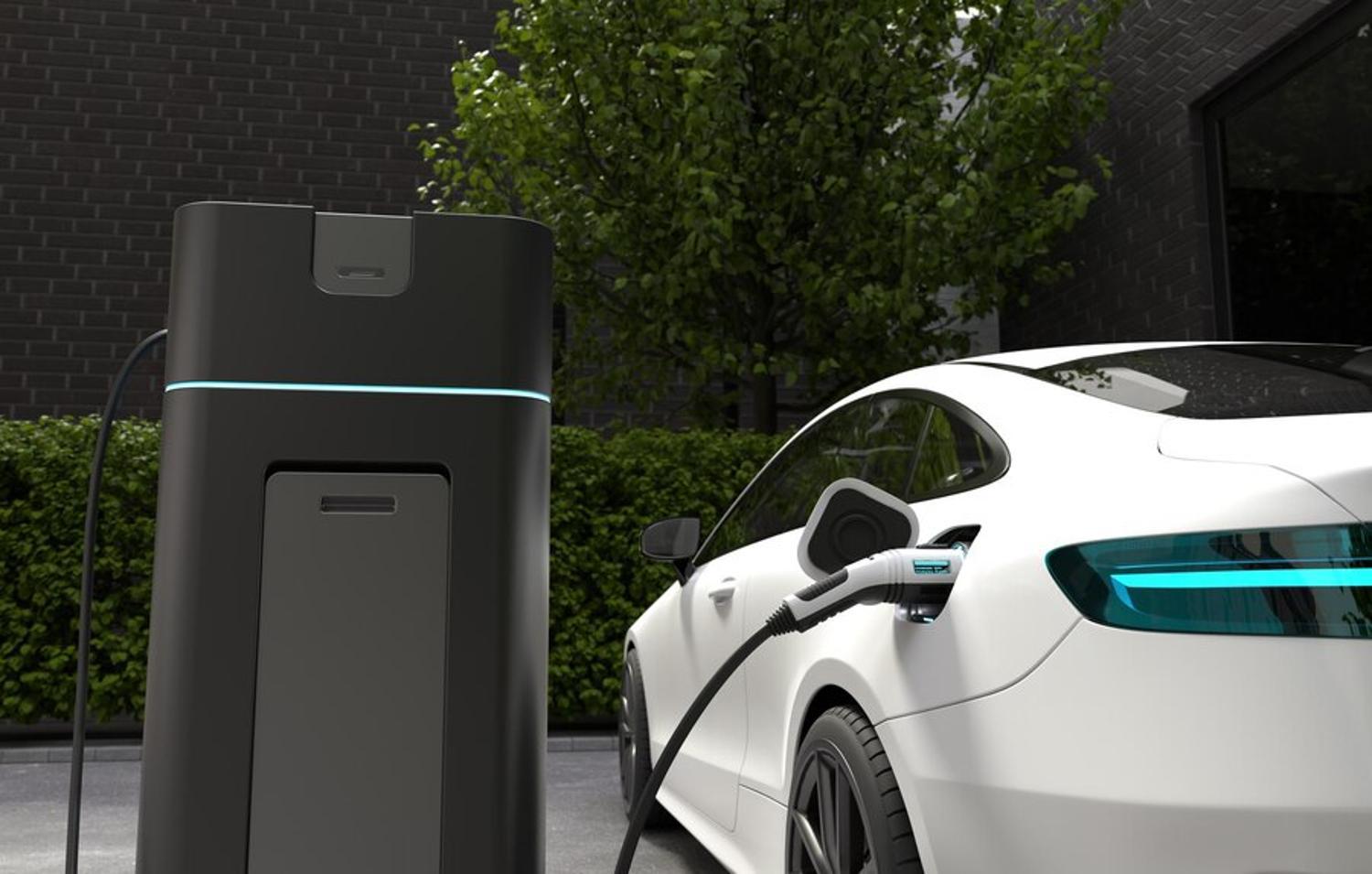
Source: Freepik
One report noted that within this very decade if EV sales and charging station construction continue to grow, “global copper demand will increase between 3 and 5 million tonnes.”
Other Sustainable Energy Sources Also Require Copper
That estimate is based solely on the EV industry, but that’s not the only “sustainable” energy business that requires excess copper.

Source: Freepik
Solar power systems typically contain 5.5 tons of copper, onshore wind turbines use 10 tons of copper, and offshore wind turbines can use as much as 20 tons. Now, many experts are arguing that this kind of copper mining is not only detrimental to the planet, it may literally be impossible.
The World Needs 115% More Than All the Copper Ever Mined
According to one study entitled “Cooper mining and vehicle electrification,” the world would need to produce 115% more copper than has been mined in human history.

Source: iStock
The study also reported that, in order to make that a reality, at least six new copper mines need to be fully operational within the next decade; however, opening a new mine can take up to 20 years.
Copper Cannot Be Mined Quickly Enough to Keep Up With Sustainable Energy
Professor Simon, who co-authored the study, explained, “The amount of copper needed is essentially impossible for mining companies to produce.”

Source: Wikipedia
And researchers at the University of Michigan conducted a study on the current and projected levels of copper use in the United States echoed that sentiment, reporting, “Copper cannot be mined quickly enough to keep up with current U.S. policy guidelines to transition the country’s electricity and vehicle infrastructure to renewable energy.”
EV Companies Will Have to Find Ways to Build Cars Will Less Copper
Because of this shocking reality, if electric vehicle manufacturers actually want to be able to produce the cars the world wants and needs, they need to find a way to do so with far less copper than they’re using now.
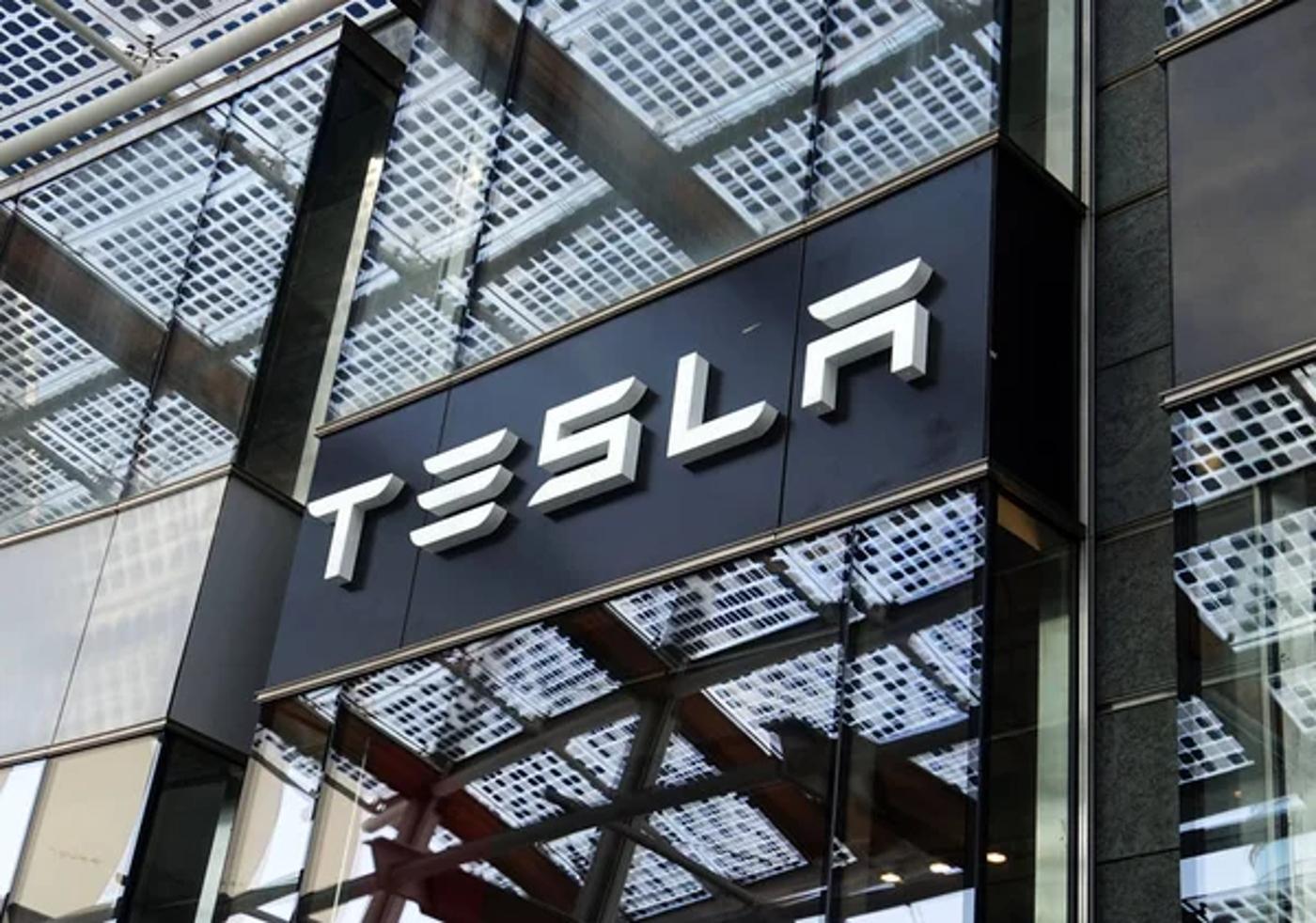
Source: Depositphotos
Some Tesla EVs use as little as 66 pounds of copper, while others need more than 200 pounds. Additionally, just one of the company’s famous supercharging stations uses more than 50 pounds of copper. So, with more than 50,000 charging stations and over 5 million vehicles, Tesla is one of the largest miners of copper on the planet.
Are Hybrid Cars the Answer to the Copper Problem?
Some experts believe that there is an answer to the copper problem: Hybrid vehicles. These cars are powered by both gas and electric batteries, though they need far less gas than a standard car and a much smaller battery than their fully electric counterparts.
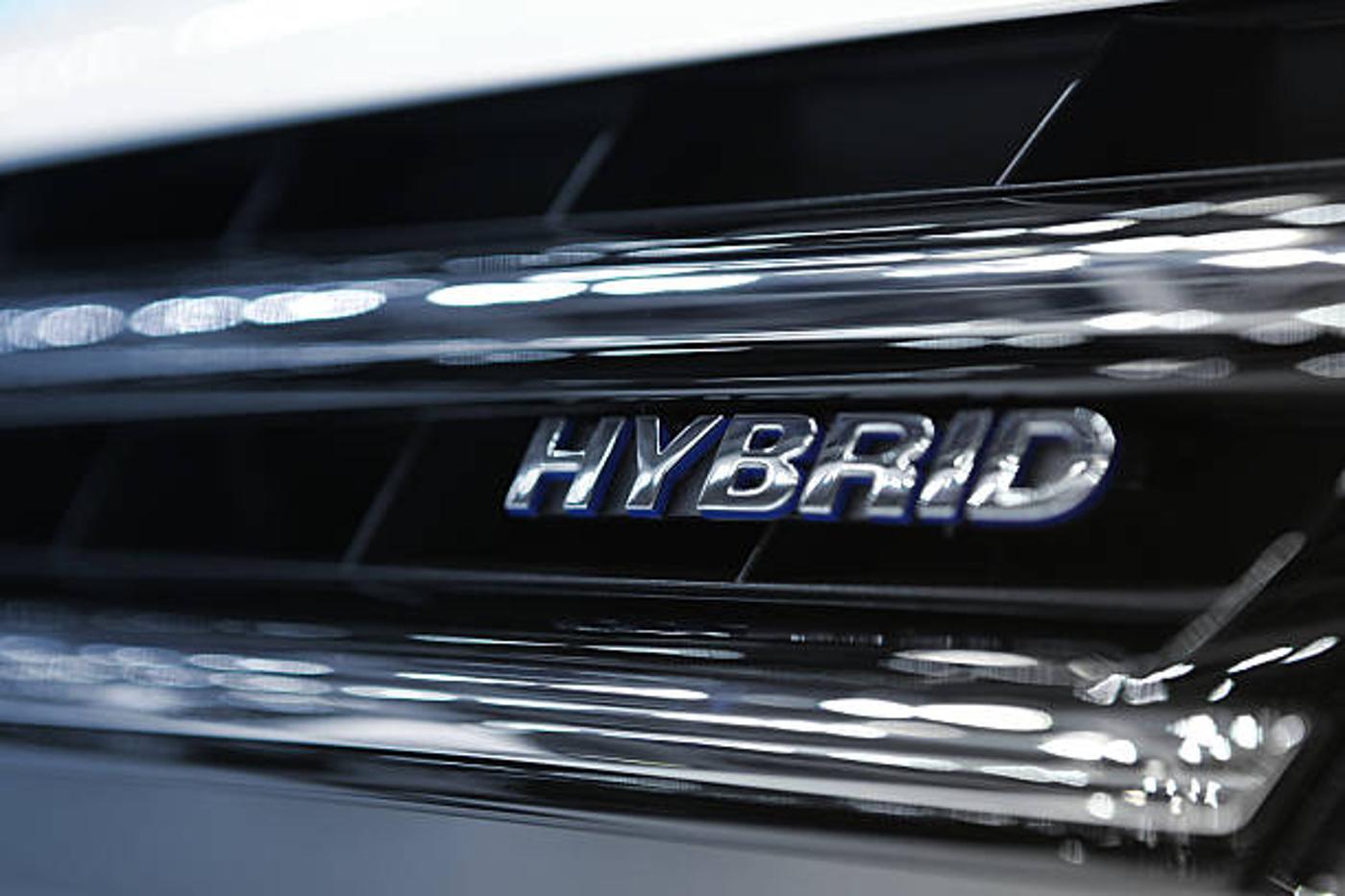
Source: iStock
Hybrids use approximately 85 pounds of copper, which is far less than the average 200 pounds in a fully electric vehicle. As well, hybrids don’t need charging stations as the batteries are charged by the combustion engine, meaning tens of thousands fewer pounds of copper.
President Biden Will Have to Weigh in on the Copper Problem Soon
President Joe Biden has been pushing for the United States to transition to electric vehicles over the next decade. In January 2024, the president announced his plan to ensure two-thirds of all cars in America are electric by just 2032.

Source: YouTube
However, if the president wants his plan to come to fruition, he will have to address the copper problem very soon. At this moment in time, even if companies wanted to follow the president’s EV mandate, they would not have enough copper to do so.
